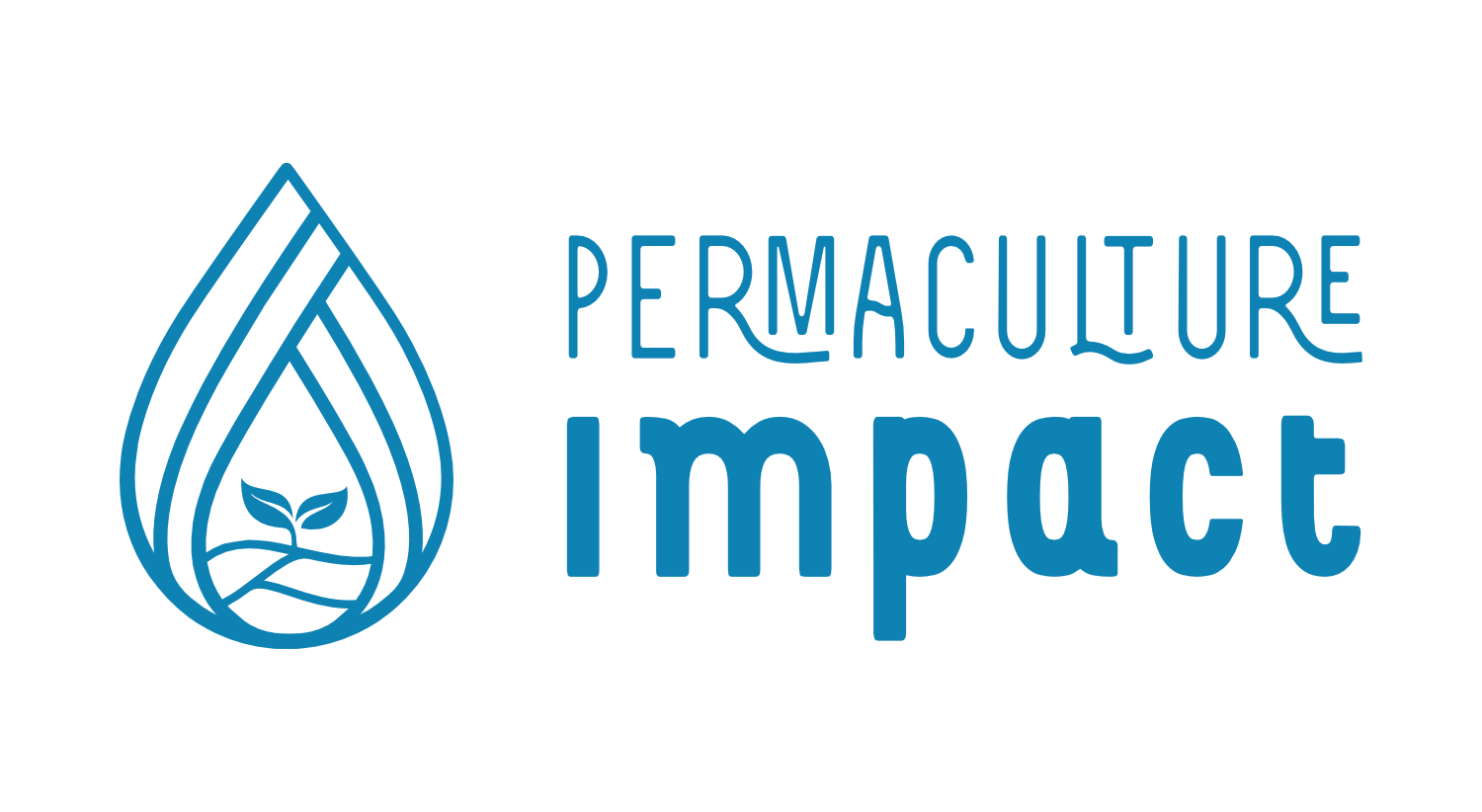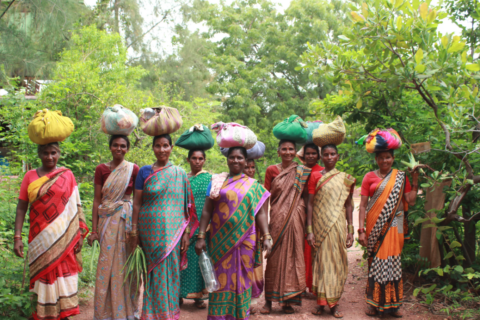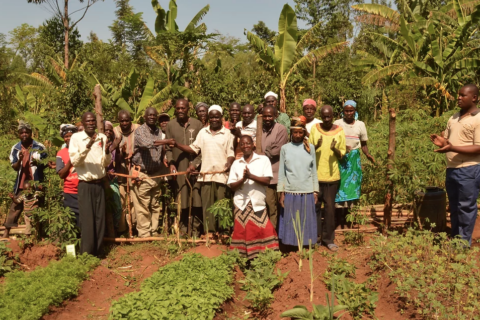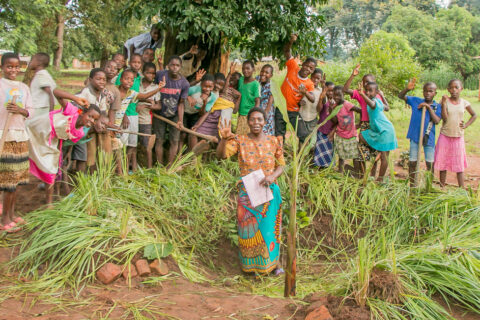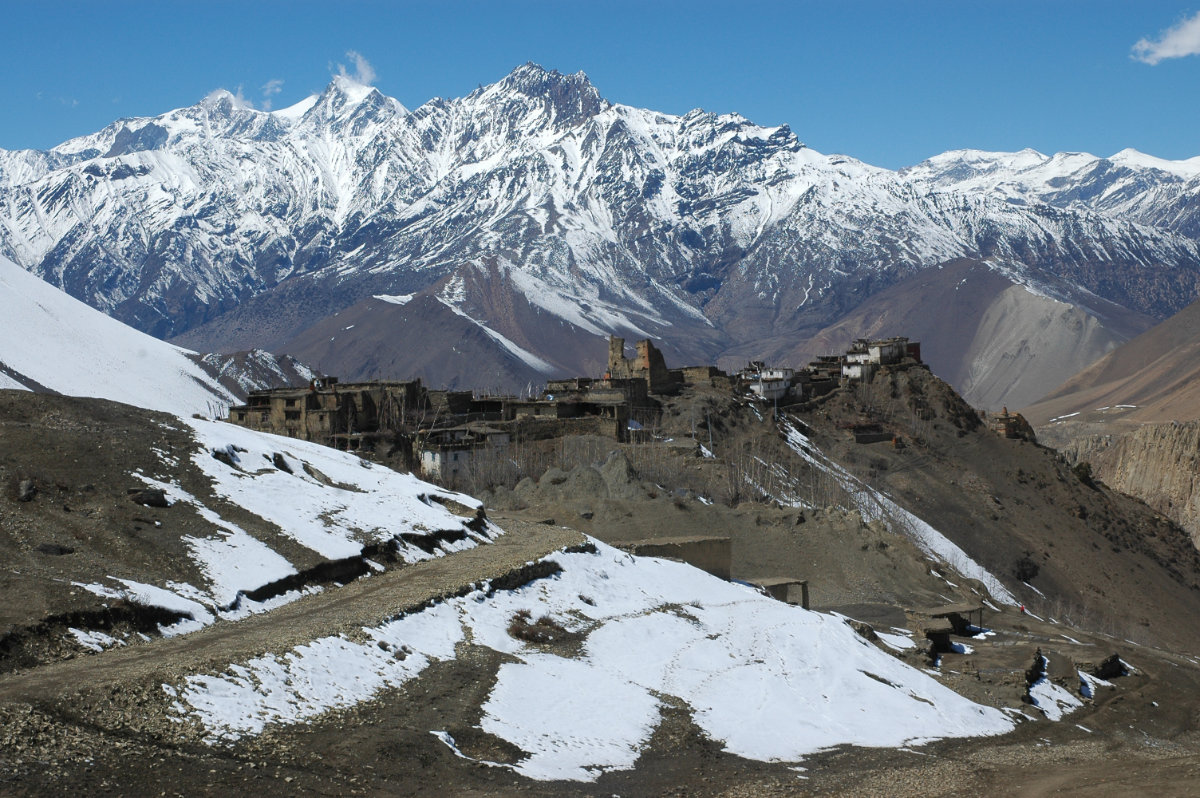








Jhijhile Integrated Village project
Eastern Nepal. Implemented by Almost Heaven Farms
“In 2018, Almost Heaven Farms (AHF) were approached by a Dutch organisation to visit a village called Jhiljhile in the eastern part of Nepal, not too far from some of our other projects. The organisation had spent three years running development projects in this community with little success and was looking for a new implementing partner. This is a community of low-caste and mostly landless people who traditionally have survived as farm labourers and by hunting and eating field mice as their name Musahar (mouse-catchers) reflects. It is one of the most under-developed communities we had ever visited even though it is located in one of the most developed regions of Nepal”. – Alisha Magar, General Manager of Almost Heaven Farms.
The first step in the project design process was to execute an in-depth community needs assessment (CNA) and engage the community in the overall design of the project. This gave the women in the village an opportunity to express their challenges and vision for what development looks like to them. Their participation allowed AHF to get to the roots of the problems they were facing and they have been steering the project from the beginning. The first year of the project was focused on literacy for the women and educational activities for the kids. They covered topics such as childhood marriage, reproductive health, food and nutrition, farming, skill building, capacity building and much more over the years. The fourth and final year is focused on financial literacy, income generation and micro-enterprise, helping the women to transition towards economic sustainability and allowing AHF to successfully exit the project.
Alisha adds: “It has been amazing to see women-led development in the village and just how much impact can be made when the project participants are valued and engaged in every step of the design process”.
The Jhiljhile Integrated Village Project is a project of the Kamala Foundation Canada and implemented by Almost Heaven Farms in Nepal.
Their M&E journey
AHF were already collecting quantitative and qualitative data, and they create logical frameworks during the program design process. Data collected includes number of participants in a training, demonstrations executed, views of posts/videos on social media channels, food production weight, hours of community members’ involvement and participants’ feedback.
They use the data to measure the success of different projects, to communicate with stakeholders and to help guide future decisions and strategies.
Change Pathways Mapping for Jhiljhile
AHF participated in our Change Pathways Mapping course {LINK to CPM course} in early 2022 . Zachary Barton, founder of AHF, explains why they found the Change Pathways Mapping approach valuable:
“To take a design which is both holistic and integrated and put it into a rigid and linear format like a Logical Framework is extremely difficult and compromises the nature of the design. The format deconstructs the design into parts so that it can be literally put into boxes and more simply understood,
But as permaculturists we know that our job is to understand the complexity of natural systems and design accordingly. This given, Change Pathway Mapping allows for a designer to better visualize needs, functions, elements, systems and processes and communicate how they are integrated.
It’s the capacity to map the relationships between all elements within a design which allows us to understand the true impacts of the project. Life is complex and good project design should address that both spatially and temporally.”
You can explore the Jhiljhile Integrated Village project Change Pathways Map
About Almost Heaven Farms
Almost Heaven Farms (AHF) is a full-fledged permaculture research and development firm established in 2013 which focuses on developing agroecology across Nepal. The organisation has established two of its own training and demonstration centres in the districts of Jhapa and Ilam in eastern Nepal.
AHF’s objective is to establish a network of communities leading holistic regenerative development in Nepal and across the Himalayas.
AHF supports farming communities in their transition to agroecology, restoring local soils, water sources and ecologies, and building resilient economies. They take an integrated approach in order to improve the opportunity for farmers to gain meaningful livelihoods in rural environments.
This integrated approach is based on five main activities:
Research – Presenting farmers with real data and information empowering them to make good decisions when it comes to their agricultural systems. AHF are leaders in soil health and agroecology in Nepal and are currently trialling 15 biofertilizers and other soil amendments as well as 16 regenerative cultural management practices.
Demonstration – Seeing is believing, especially for farmers. AHF demonstrates 16 regenerative farming practices so that farmers can see it, touch it and even taste it for themselves. Farmers from across the Himalayan bioregion visit their farm to learn about agroecology. They have hosted 18,424 guests since opening.
Training – AHF provide training on an assortment of practical topics related to agroecology including permaculture design, bamboo treatment and construction, food fermentation and processing, seed development, biofertilizers, farm management and others.
Resource Development – Development and distribution of seeds, seedlings, biofertilizers and appropriate technologies to support farmers to implement on their own farms what they have seen and learned through the demonstrations and trainings.
Design and Consultancy – AHF provides full program design and implementation services helping develop resiliency in communities, organisations and businesses across Nepal.
